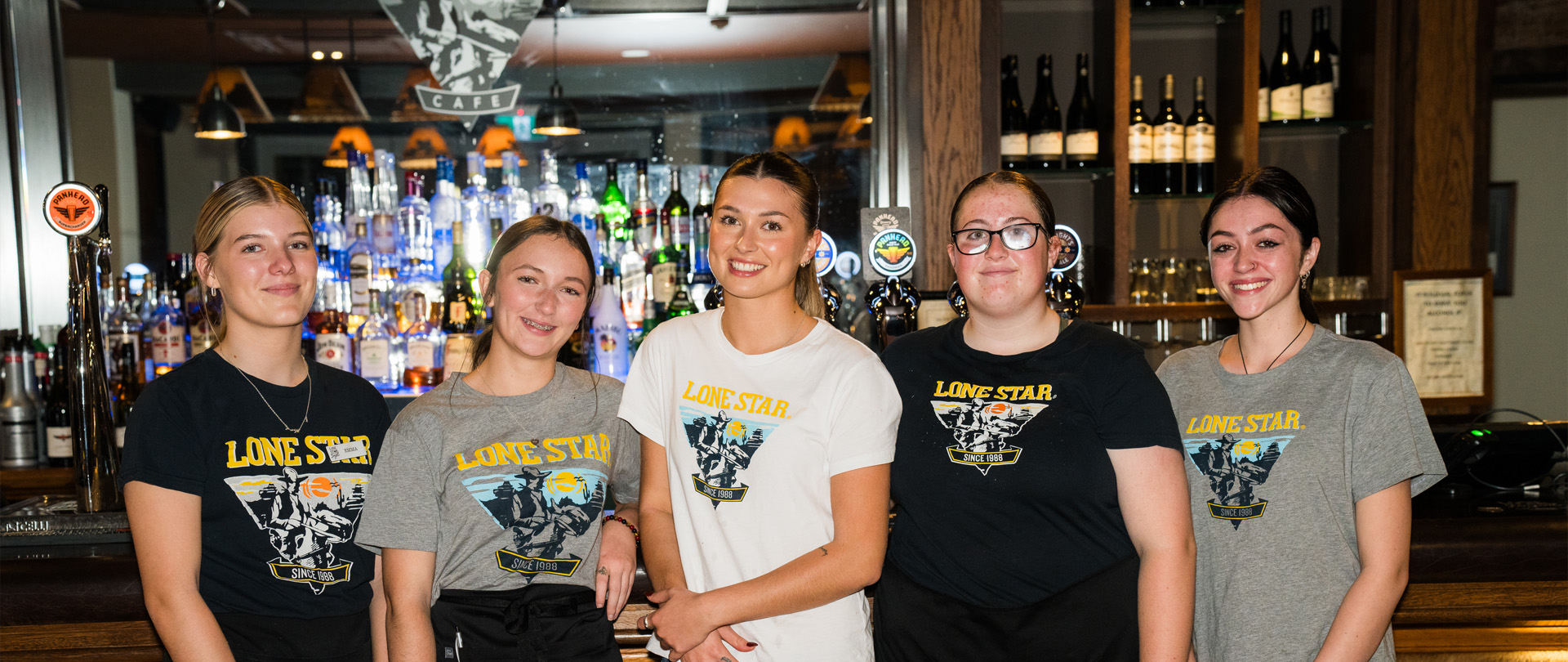
Overview of Hospitality Jobs in NZ
New Zealand's hospitality industry is diverse and bustling. It offers a wide array of opportunities for job seekers. From vibrant city eateries to tranquil countryside establishments, the sector caters to all tastes.
Roles in hospitality vary greatly. There's a place for everyone, whether seasoned or new to the field. You can find work in fine dining, casual cafes, or fast-paced bars.
Key Features of Hospitality Jobs in NZ
Diverse Opportunities: Openings range from entry-level to senior management.
Flexible Hours: Many positions offer part-time or adjustable schedules.
Vibrant Environment: The work is dynamic and customer-focused.
Career Growth: Opportunities for advancement are plentiful.
Supportive Culture: Teamwork and collaboration are core values.
The country's restaurants are a major source of employment. They require a host of skills and expertise. Job roles range from kitchen hand positions to executive chef responsibilities. Front of house roles are also integral. These jobs require excellent interpersonal skills and the ability to work under pressure. Interacting with patrons is a daily necessity. Bar manager roles are in demand, too. These positions involve managing a team and overseeing bar operations. Good leadership skills and a keen eye for detail are essential.
The hospitality industry is known for its fast pace. Flexibility is crucial, as shifts often vary. This unpredictability attracts those who thrive in dynamic settings.
Networking is vital in hospitality. Building connections can open doors to new opportunities. Industry events and conferences offer avenues for expanding one's professional network.
In summary, hospitality jobs in NZ provide more than just employment. They offer a chance to be part of a lively and evolving industry. Working in hospitality means being part of a team committed to delivering exceptional service.

Importance of the Hospitality Sector
The hospitality sector plays a crucial role in New Zealand's economy. It provides numerous job opportunities across the country. This vibrant industry contributes significantly to both urban and rural economies.
Employment in hospitality boosts local communities. Hospitality venues often become central community hubs. They provide venues for social events, gatherings, and celebrations.
Economic and Cultural Contributions
Economic Driver: Generates revenue and stimulates local economies.
Cultural Influence: Shapes the dining and social landscape.
Employment Provider: Offers a broad range of job opportunities.
Hospitality also enriches New Zealand's cultural tapestry. Restaurants showcase diverse cuisines, reflecting the country's multiculturalism. These venues allow residents and tourists alike to experience different cultures through food.
The industry is also a magnet for tourists. New Zealand's reputation as a foodie destination continues to grow. Unique dining experiences often become highlights of visitors' trips.
Moreover, the hospitality sector encourages innovation. Chefs and managers constantly seek new ways to delight customers. This drive for excellence elevates industry standards and customer expectations.
It's notable that the sector shows resilience. Even in fluctuating economic climates, it remains a steady source of employment. The demand for experienced and skilled hospitality professionals continues.
Sustainability is increasingly important in hospitality. Businesses are adopting eco-friendly practices. This commitment to sustainability enhances New Zealand's image as an environmentally conscious nation.
In essence, the hospitality sector not only fuels economic growth but also enhances cultural richness. It offers dynamic job prospects and shapes social interactions, making it an indispensable part of daily life.

 Hospitality jobs in NZ are varied and exciting. Whether you're a seasoned chef or a budding kitchen hand, there's a role for you. The industry is known for its dynamic environment and growth potential.
Hospitality jobs in NZ are varied and exciting. Whether you're a seasoned chef or a budding kitchen hand, there's a role for you. The industry is known for its dynamic environment and growth potential.